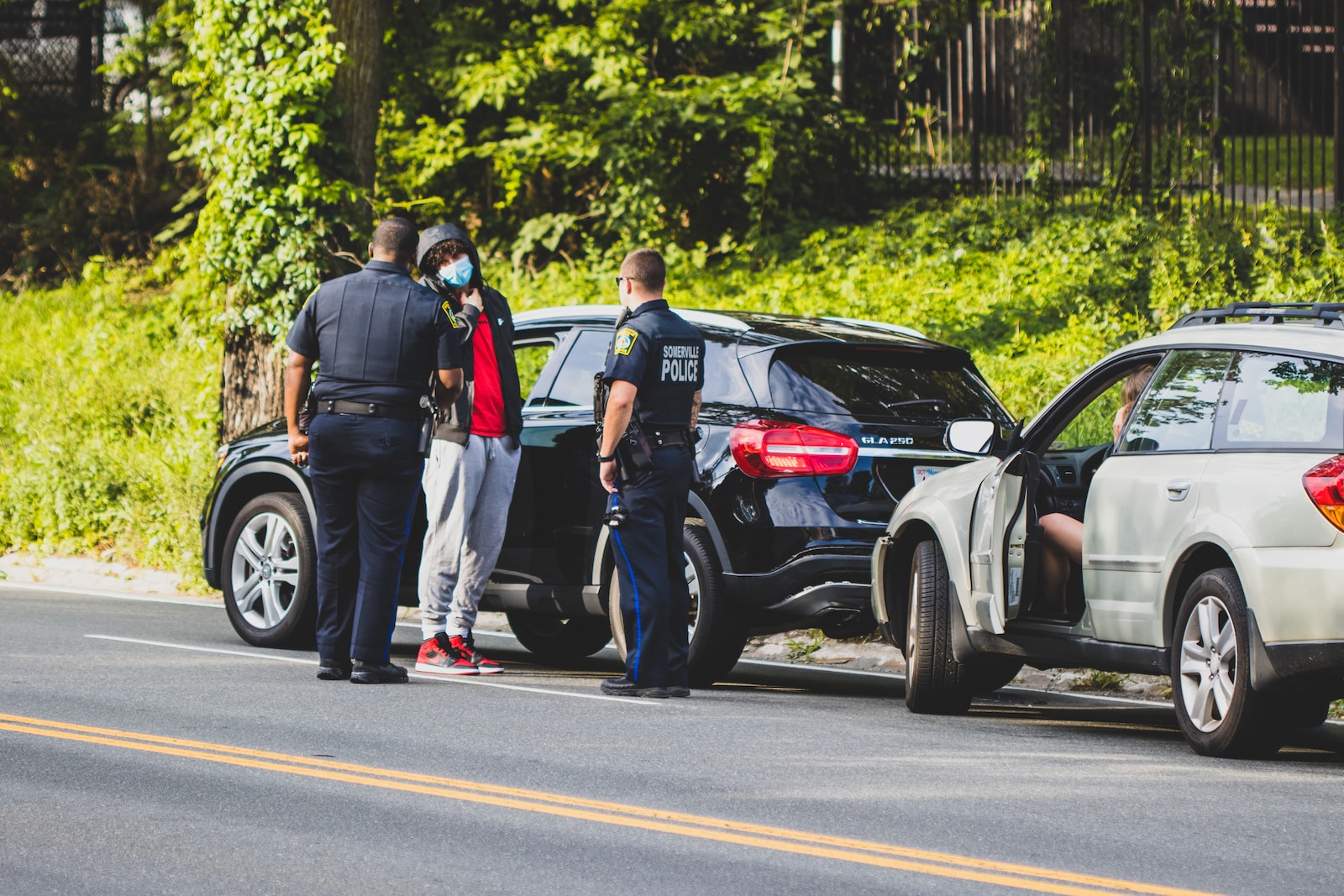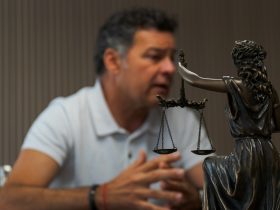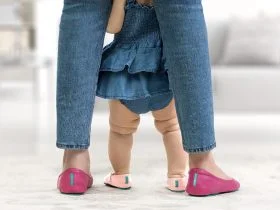There’s nothing more thrilling to a teenager when they get their driver’s license. It’s their first taste of independence and feeling like they’re growing up. But this also comes with a big responsibility of being out on the road for the first time without an adult. Which can lead to possible car accidents and issues down the road. When it comes to teen drivers and accidents, these tend to backslide to the parents and what their roles are in the accident in North Carolina. Everyone needs to understand what the legal implications are and if parents must take any sort of responsibility for their teenager’s car accident.
Reader's Roadmap
North Carolina’s Contributory Negligence Law:
North Carolina operates under the contributory negligence legal doctrine, which is significant when determining liability in car accidents. It’s important to understand this specific law if involved in an accident. This doctrine stipulates that if a party is found even slightly at fault for an accident, they may be barred from recovering any damages. Understanding this legal principle is crucial when assessing the potential responsibility of parents for accidents caused by their teen drivers. That way, everyone can build an accident claim effectively.
Ownership and Liability:
In North Carolina, the owner of the vehicle involved in an accident is generally considered liable for the actions of the driver. This is typical for any car accident and usually how the claim goes down. But there are times when liability can get confused. If the parent is the registered owner of the vehicle driven by the teen, they may be held legally responsible for any damages resulting from an accident, regardless of whether they were present in the vehicle at the time. The parents need to be involved with the claims process as the vehicle is technically theirs and the teen might not be a legal adult.
Negligent Entrustment:
Negligent entrustment is a legal concept that may come into play in cases involving parents and teen drivers. It’s set up to where parents must involve themselves in an accident they didn’t cause. This occurs when a vehicle owner entrusts their vehicle to someone they know or should know is unfit to drive safely. If a parent knowingly allows their teen, who has a history of reckless behavior or traffic violations, to use the family vehicle, the parent may be held liable under the doctrine of negligent entrustment. These details can be used to help build your case and try to receive compensation.
Parental Responsibility for Minors:
In North Carolina, parents have a legal obligation to exercise reasonable control and supervision over their minor children. They must know what their teen is doing, especially if they are driving a vehicle. This responsibility extends to ensuring that their teens comply with traffic laws and drive safely. If a parent is found to have failed in their duty to supervise and guide their teen’s driving behavior, they may be subject to legal consequences in the event of an accident. These laws are put in place to ensure the teen’s safety and put responsibility back on the parents.
Insurance Coverage:
North Carolina law requires all drivers, including teenagers, to have liability insurance. It’s important for everyone involved to contact their insurance to see what the best steps are. Parents are typically responsible for ensuring that their teen drivers are covered under an insurance policy. If a teen causes an accident and the insurance coverage is insufficient, parents may be personally responsible for covering the remaining damages, especially if the accident exceeds the policy limits.
Parental Liability Limitations:
While parents may be held responsible for accidents caused by their teen drivers under certain circumstances, North Carolina law imposes limitations on parental liability. Which can cause some issues with these types of accidents. The liability of parents for their minor children’s actions is generally limited to $5,000 for property damage and $30,000 for bodily injury or death. These limitations aim to provide some protection to parents while still ensuring a degree of accountability. It lets everyone recover from damages while not worrying about financials.
The Graduated Driver Licensing (GDL) System:
North Carolina, like many states, has implemented a Graduated Driver Licensing (GDL) system to gradually introduce young drivers to the responsibilities of driving. Teens need to learn everything about safe driving before they hit the road. Graduating from this program is the only way for them to receive their license. This system includes restrictions on nighttime driving and the number of passengers in the vehicle during the initial stages of licensure. Parents must be aware of and enforce these restrictions, as failure to do so may impact their liability in the event of an accident.
Legal Defenses for Parents:
While parents may be held responsible for their teen drivers’ actions, certain legal defenses may be applicable. This can help you if you’re not sure what to do after an accident with a teen driver. If a parent can demonstrate that they took reasonable steps to prevent their teen from engaging in unsafe driving behavior or that they were unaware of any negligence on the part of the teen, they may have a stronger defense against liability. It’s in your best interest to keep track of these details to keep yourself protected in case the parents try to force all the blame on you.
North Carolina’s legal landscape regarding parental responsibility for car accidents caused by teen drivers is influenced by loads of factors and potential legal defenses. It can be tricky trying to figure out who is technically liable when it comes to teen drivers. As they aren’t legal adults yet, most of the time their parents must deal with it. This means you are discussing the issues of the accident with the parents who weren’t even at the scene initially. Leaving a lot of room for people to point fingers. If you feel you aren’t being treated fairly, it’s important to have a legal professional on your side. They will review your case and ensure that you’ll receive the compensation you need to recover.







Leave a Reply
View Comments